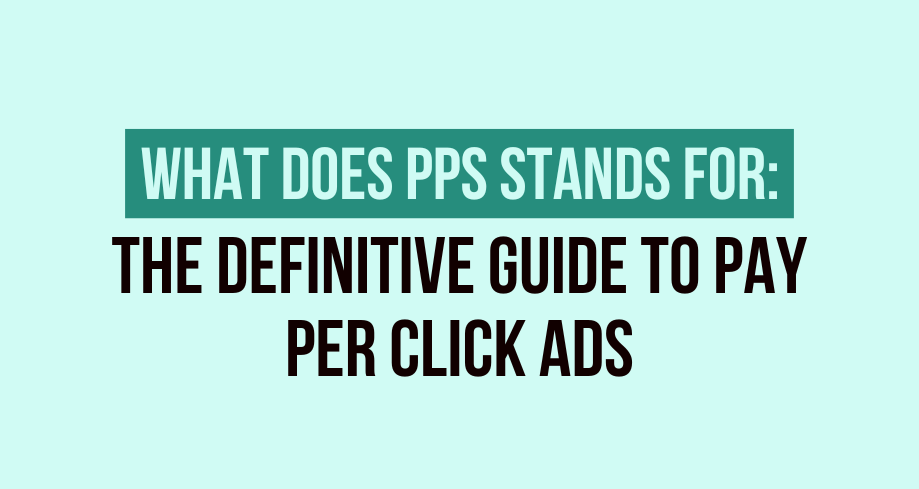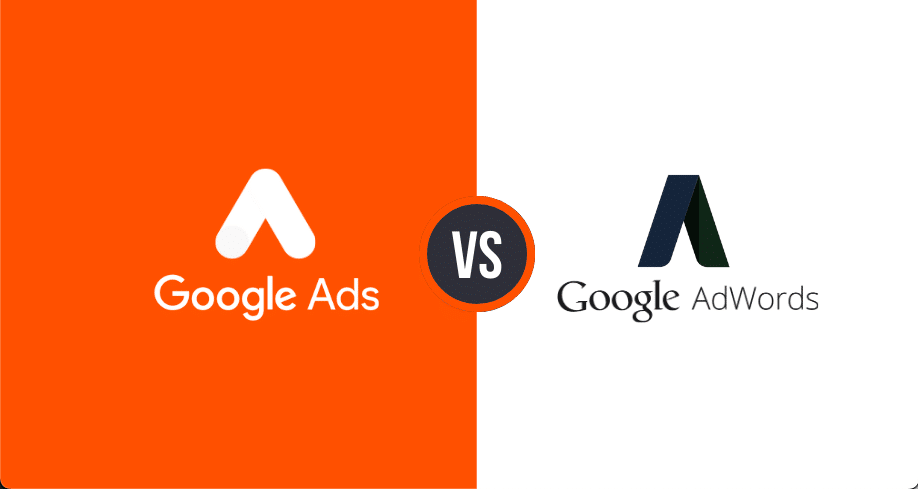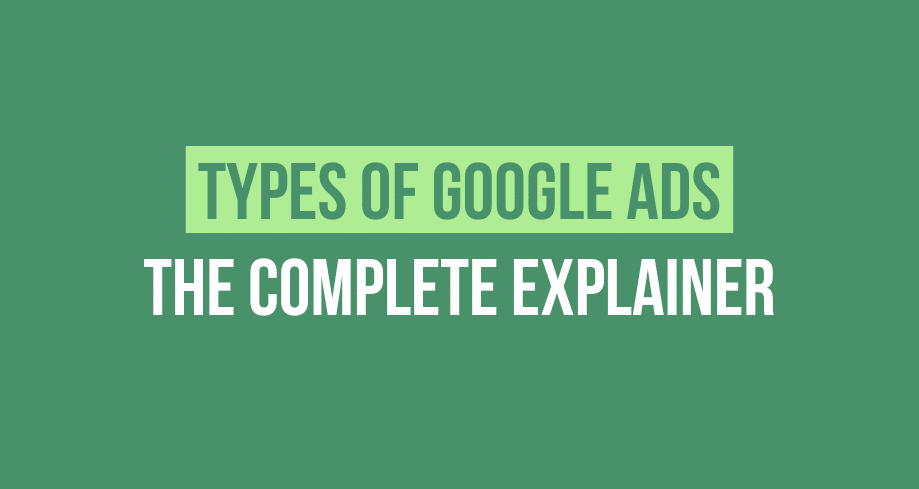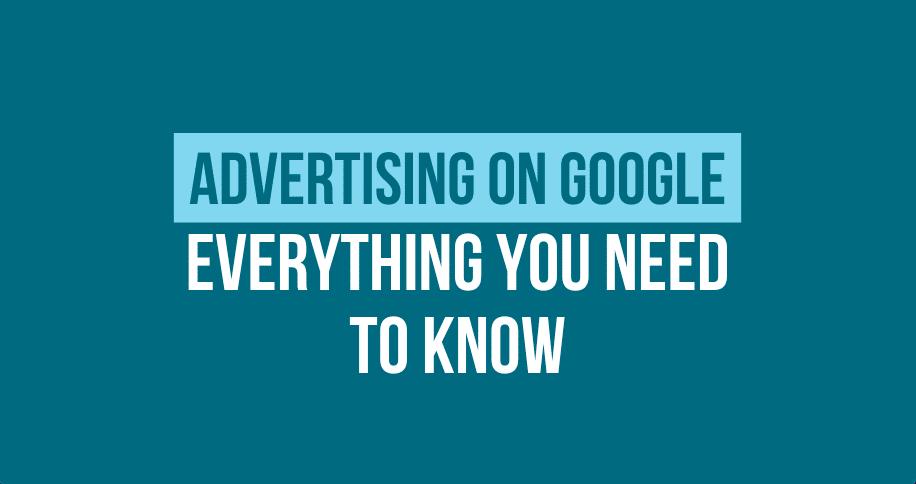If you own an online business, chances are that you have heard about PPC. But really, what PPC stands for exactly?
Pay-per-click advertising, or PPC for short, is perhaps the most widely used method of paid online marketing. It operates on a simple premise: companies only pay when someone clicks their ads. Whether it be to increase traffic or generate leads, more and more businesses are utilizing PPC as an effective way to reach out and engage with potential customers.
If you are looking to learn the basics of pay-per-click advertising, you’ve come to the right place. We explain it all to you.
How Does Pay-Per-Click Advertising Work?
When it comes to PPC ads, you have a world of options at your fingertips. From text-based advertisements to engaging visuals or even video content, these ads can be tailored and displayed across search engines, websites, and social media channels – the possibilities are endless!
If not set up properly, PPC costs a fair bit.
With PPC set up effectively, the cost of a click pales in comparison to its gain. Take for example paying $1 per click and earning a sale worth $100; this impressive return on your investment is just one reason why running an effective PPC campaign makes sense.
Ok, that does sound great. So where do i start?
Starting with PPC
Google AdWords is the most widely used platform for Pay-Per-Click (PPC) advertising. With Google AdWords, you can bid on specific words or phrases and get your ads to appear at the top of search engine result pages (SERPs), both above and below organic listings.
The cost of each click often varies based on the number of other parties who are bidding for similar or identical keywords. Once you stop budgeting, these advertisements will cease to exist – it’s that simple.
How to Build a Successful PPC Ad Campaign Strategy
With Google taking up an immense portion of search engine traffic, you can count on it to deliver the most clicks to your ads.
To launch a successful PPC campaign, keyword research through Google and gaining an understanding of what the search engine looks for are essential steps. There is no one-size-fits-all approach to constructing an effective PPC strategy; however, by focusing on these core aspects you can be sure that your results will be remarkable:
1. Quality Score
With Google’s Quality Score, you can capitalize on the relevance and caliber of your chosen keywords, PPC campaigns, and landing pages. A higher Quality Score means more cost-effective ads and an increase in click-throughs!
2. Creative Copy
Captivating, imaginative ad copy is essential for advertisements that users are motivated to click. Advertising necessitates that you master the art of persuasion; it must be precisely formulated in order to hold a viewer’s attention.
3. Keyword Relevance
Crafting relevant PPC keyword lists, cohesive keyword groups, and persuasive ad copy that effectively uses keywords is a must. To attain these top-notch results, conducting in-depth exhaustive research on the right keywords is vital.
4. Great Landing Pages
Create powerful landing pages with compelling, pertinent copy and a robust call-to-action that aligns perfectly to specific keyword phrases.
How to Manage PPC Campaigns
With the ease of setup, pay-per-click (PPC) campaigns can provide lucrative returns if carefully monitored and managed.
Regularly tracking and refining your ad campaigns is an essential ingredient for success. You’d be surprised how much of a difference even the smallest fine-tuning can make in terms of visitor numbers!
Boost your PPC ad campaigns to the next level by following these easy steps:
Use Negative Keywords
For more efficient ad spending and higher campaign relevancy, add any non-converting terms as negative keywords.
Add More PPC Keywords
Expand the scope of your PPC campaigns by incorporating pertinent keywords that are pertinent to what you do. Don’t limit yourself – keep pushing forward so you can get more and more potential customers!
Get Rid of Expensive PPC Keywords
Streamline your campaigns by cutting out any costly, lackluster keywords.
Fine-tune your Landing Pages
Enhance the content and calls-to-action on your landing pages to better align with the search queries you are targeting, resulting in higher conversion rates.
Divide Ad Groups
Enhance your Quality Score and click-through rate by breaking down your ad groups into more specific, pertinent divisions. This will assist you in formulating appropriate ads that are tailored to the desired audience.
Best Tools To Help You Create PPC Ads That Convert
PPC Entourage
PPC Entourage is the perfect tool for Amazon sellers looking to skyrocket their PPC sales. By presenting your products directly in front of customers right when they’re making a purchasing decision, you can tap into an incredibly powerful technique that will boost your sales significantly.
This software contains powerful features that are sure to drive sales, such as Advanced Reporting Metrics, Bulk Campaign Optimizations, Organic vs PPC Comparison, and Dayparting. By utilizing these innovative tools you can optimize your Pay-Per-Click campaigns in no time.
The keyword cleaner tool is an invaluable asset, assisting you in replacing unprofitable keywords with proposed lucrative search terms. Additionally, the bulk optimizer feature makes optimizing various campaigns simultaneously effortless.
SEMrush
SEMRush is a comprehensive marketing toolkit comprised of amazing features for PPC, competitor research, social media optimization, content creation, and more. It offers four keyword exploration tools to help you discover the perfect words for your Pay-Per-Click campaigns. The Keyword Magic Tool provides access to thousands of potential keywords so that you can effortlessly pinpoint those best suited for your endeavors. Additionally, the Keyword Manager enables deep analysis into over one thousand terms all in one go!
By leveraging the keyword gap tool, you can apprehend fresh keywords generated by assessing your competitors. To take it further and make sure that your PPC campaign is at its top performance, the PPC keyword tool provides convenient optimization with just a few clicks!
Unbounce
Unbounce is the ideal platform for building custom landing pages with no coding experience required. It allows you to craft content that perfectly matches your Google Ad, and then integrate it into a page featuring your brand’s colors, fonts, and images – all without having to write any code yourself! Plus, its AI-driven Smart Traffic feature offers ongoing optimization so you can maximize sales from each click of an ad.
AnswerThePublic
Answer The Public is an invaluable asset when it comes to generating content ideas. Not only can it be used for formulating your overall content strategy, but also as a resource for PPC campaigns! All you need to do is enter in a term, select the country of your intended audience, and voilà – you will have access to plenty of relevant keywords and questions that people are searching online.
Asking the right questions and using powerful keywords is key to improving your pay-per-click ad campaigns, as they will help you target relevant terms while excluding irrelevant ones.
Canva
Canva is the perfect designing tool for anyone, regardless of their graphic design experience. It boasts an impressively large selection of 100+ million photos, videos, audio files and over 600K free templates with new designs rolling in daily! You can even bring your ads to life by adding music or animations. Canva makes creating banners for PPC campaigns a breeze – not just regular social media images. Be sure to take advantage of this amazing platform!
Optimyzr
Optmyzr is the perfect solution for PPC professionals looking to streamline their workflow. It offers a variety of time-saving tools that help manage AdWords and Bing Ads more efficiently.
It stands out from other PPC management tools due to its automated optimization capabilities. By relying on Optmyzr, account managers can quickly and easily execute repetitive tasks that would otherwise take hours or days, leaving them more time for executing ambitious projects. Unlike most platforms, Optmyzr not only manages cross-platform campaigns but also offers the ability to automate account optimizations.
Google Keyword Planner
How can you leverage the power of Google for your business? With Google Keyword Planner, a completely free and easy-to-use research tool! By taking advantage of this powerful resource, digital marketers gain insight into popular “keywords” or phrases that could potentially be used in their search campaigns. Whether it’s organic searches or paid campaigns – all types are covered with data taken directly from Google itself. There is no better way to get ahead than by using an industry leader like Google.
Frequently Asked Questions
What does PPC stands for?
A: PPC stands for “pay-per-click,” which is a type of digital advertising where advertisers pay each time one of their ads is clicked.
How does PPC work?
A: PPC works by placing ads on search engines, websites, and social media platforms. Advertisers bid on keywords or phrases that they think users may search for, and their ads will appear in search results or on relevant websites. When a user clicks on one of the ads, the advertiser pays the platform a small fee.
Why is PPC important for businesses?
A: PPC can be an effective way for businesses to reach their target audience and drive paid traffic to their website.. It can also be useful for reaching consumers at the bottom of the sales funnel, as it allows businesses to target specific keywords and demographics.
What are some popular PPC platforms?
A: Some popular PPC platforms include Google Ads, Bing Ads, and Facebook Ads.
How can I optimize my PPC campaigns?
A: To optimize your PPC campaigns, you can try experimenting with different ad copy and targeting options, testing different landing pages, and analyzing your campaign data to see which strategies are working and which aren’t. Additionally, you can use tools like A/B testing, and keyword research to improve your campaigns.
How much does PPC cost?
A: The cost of PPC varies depending on the platform, the competition for the keywords you’re bidding on, and your own budget. Some businesses may spend a few hundred dollars per month on PPC, while others may spend thousands. It’s also worth noting that with PPC you’re paying for each click, so the more clicks you get, the more it will cost you.
Conclusion
After reading this post, you have the complete picture of what PPC stands for and how it can do wonders for your business online. With the help of both free and paid pay-per-click tools, you can come up with high-performing ads that convert your target audience into customers.




